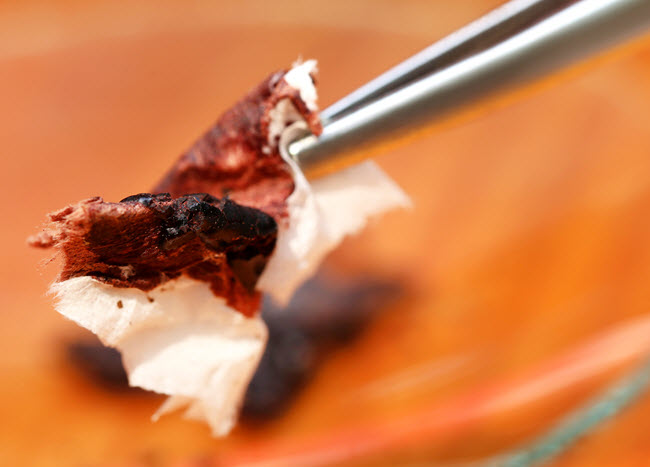CSI for Nurses--Forensic Medicine Bids for Specialized RNs
Trendy New Field for Nurses Interested in Criminal Investigation
Forensic Nursing is the sub-specialty of healthcare that puts nursing investigators on the front lines of criminal investigations. The fledgling field continues to evolve, but currently forensic nurses may deal directly with the victims of crime, offer support services to coroners during autopsies and evidence collection, and interface with law enforcement and criminal investigators.
Professional forensic nurses deal with sensitive situations and fragile and elusive evidence. Their clients/patients may be rape and assault victims, criminals, and corpses. The forensic field as a whole is gaining a solid foothold, perhaps due to the wide appeal of such television dramas as the CSI shows that glamorize the lifestyles of forensic crime lab investigators. This, in combination with the technological advances in DNA and crime scene evidence collection, has created the need for new fields of expertise: forensic nursing among them.

Forensic Nursing Degrees
There are a number of avenues into forensic nursing:
- Clinical Nurse Specialists, an advanced practice specialty, may choose forensic nursing as their specialty in some Master’s degree programs. General CNS curriculum teaches nurses how to incorporate personal patient care with the larger healthcare scheme.
- Certificate in Forensic Nursing programs are common and available to RNs. For working nurses online delivery formats are popular. Students have access to mentors and leading edge curriculum. Experts from law enforcement and victims’ services may provide accessible lectures and seminars and insight not gained from textbooks.
Forensic Nurse Skills
Forensic nurses must first and foremost be well trained in patient care; most of their cases will likely involve living and breathing individuals. Because physical evidence collection may be a very sensitive process—such as in rape cases—nurses must have a compassionate “bedside manner.” Specialized skills relative to criminal investigations include techniques and methods for evidence collection, documentation of evidence and crime, training in crime scene photography, medical assessment of victims and criminals involved in events, communication with law enforcement and other investigators, and how to serve as an expert witness in a court case.
Field Credentials
American Forensic Nurses (AFN) is the primary professional association driving the field. Current certifications recommended of professional forensic nurses include: Sexual Assault Examiner certification. Continuing education courses are key while the field is taking shape. Topics in child abuse, sexual abuse, elder abuse, and domestic violence all offer methodologies appropriate for forensic nurses, as well as tips for recognizing such abuses and design of appropriate intervention techniques.
Candidates interested in forensic nursing are advised to earn a RN licensure and have experience with traditional patient care. The field is very competitive. In the future the demand for forensic health professionals is expected to increase as their value to criminal investigations, especially where victims are concerned, bears itself out.
Get Your Free Information on Nursing & Healthcare Programs



